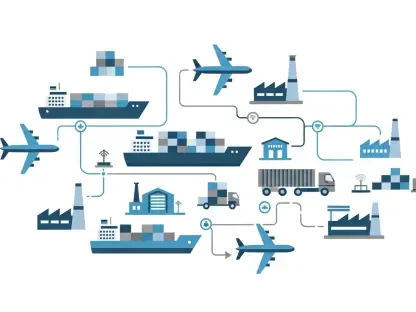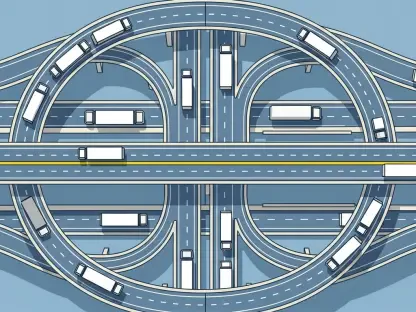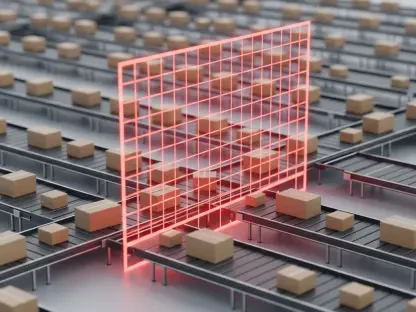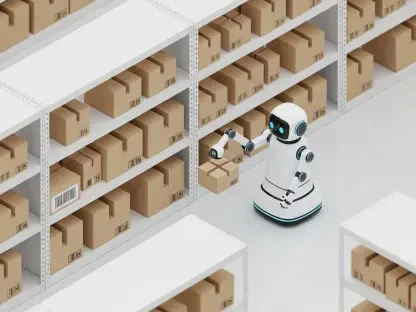In an era where immediate gratification is almost expected, South Korea stands at the forefront of revolutionizing the logistics industry. With ultra-fast delivery services no longer a luxury but a standard, Lotte Global Logistics is charting the course for a paradigm shift. Joining forces with Robotis, this initiative signifies a leap toward an innovative, autonomous future in parcel delivery. As a response to climbing operational costs and a robust network of over 1,500 logistics centers, the second phase of their government-backed demonstration is underway.This phase surpasses the first in ambition, trialing autonomous trucks across a significant 590-kilometer expressway in partnership with Mars Auto, a self-driving truck startup. The first completed phase had already laid the groundwork, demonstrating potential over a 255-kilometer route. South Korea’s commitment is clear: to refine and establish an efficient, futuristic logistics system that meets the high-speed demands of its tech-savvy population.
Last-Mile Innovation
No journey to optimize delivery ends without mastering the last mile. Integral to this vision, Robotis is in full gear, perfecting robots that deliver parcels not just to building lobbies, but to the recipient’s doorstep. Such last-mile innovations are crucial for a seamless handover, and South Korea is making bold strides by pushing these boundaries. As these robots get more sophisticated, they bring a dual benefit: slashing manpower needs and operational expenses.These advancements epitomize the progressive zeal of South Korea, positioning it as a standard-bearer in autonomous delivery. If successful, this model can provide insights and set benchmarks for logistics worldwide. The anticipation is palpable; a successful deployment could catalyze a global shift towards automated delivery systems, transforming the entire landscape of e-commerce and beyond. The question remains: Will South Korea’s efforts pave the way and inspire a worldwide logistics renaissance? Only time will tell, but the trajectory seems promising.









